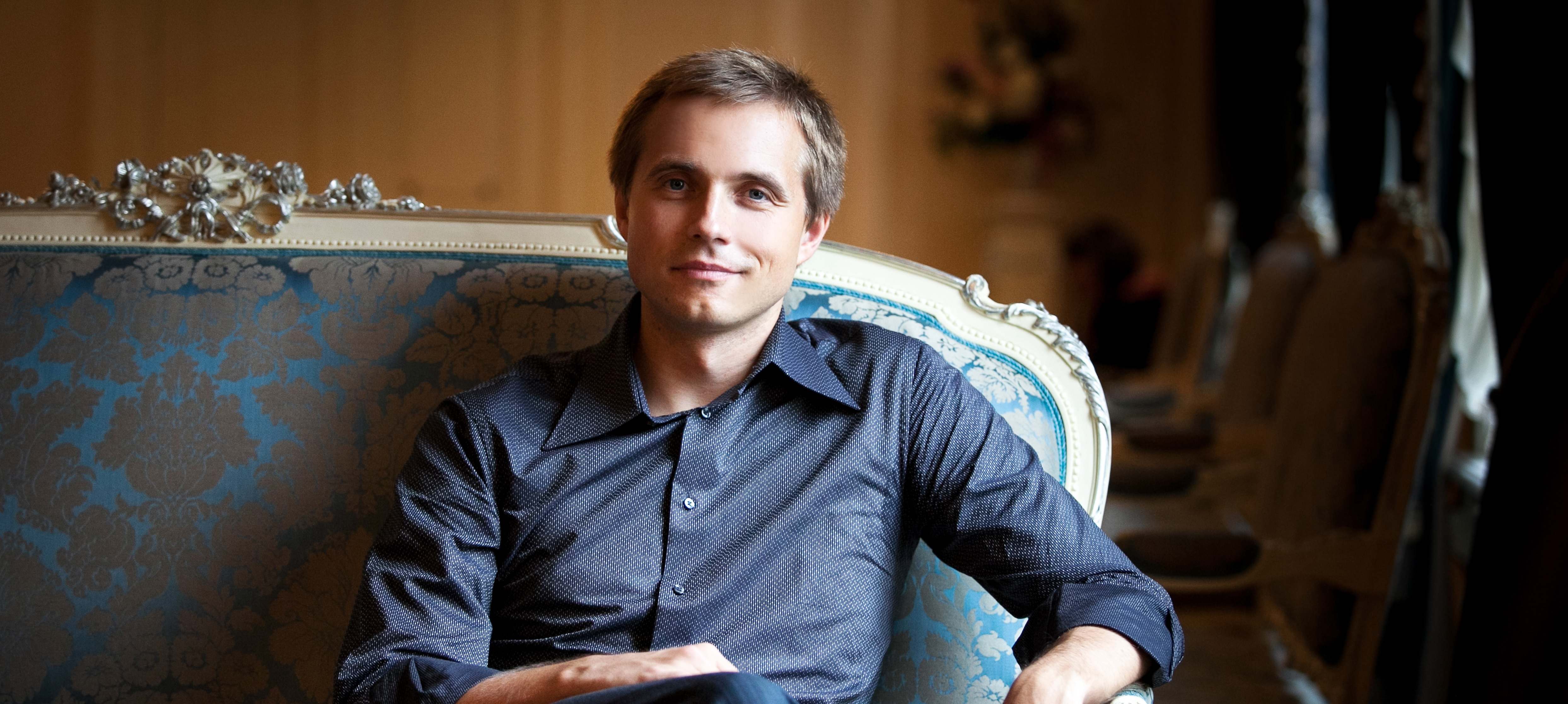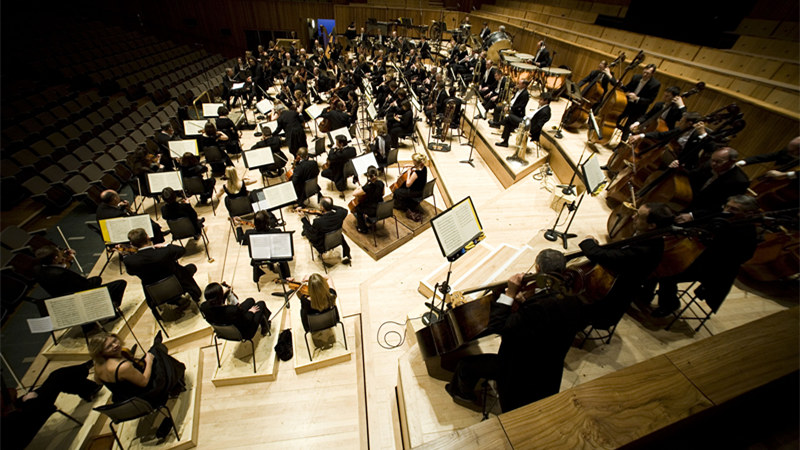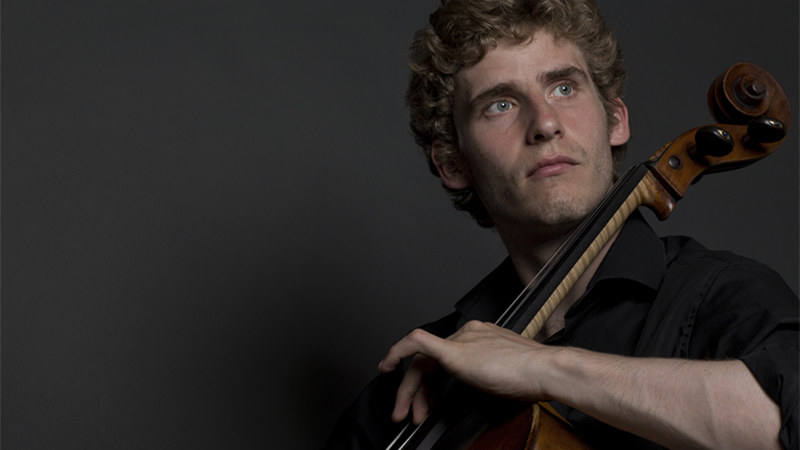On January 5th-6th, the London Philharmonic Orchestra will appear at National Centre for the Performing Arts (NCPA) under the baton of Russian conductor Vasily Petrenko and extend their New Year greetings to the audience with cellist Andreas Brantelid.London Philharmonic Orchestra
The booming development of British classical music in the early 20th century was linked closely to a maestro, who is Sir Thomas Beecham. In 1932, a new orchestra established by him launched its debut in London, and the orchestra is the London Philharmonic Orchestra as we know it. Maestro Beecham acted as the first principal conductor for seven years. In 1950, another British maestro Sir Adrian Boult took over as principal conductor, thus making it so well-known. Thereafter, this important post was filled by other maestros in rotation, including William Steinberg and Sir John Pritchard, as well as Georg Solti, Bernard Haitink, Klaus Tennstedt and Kurt Masur, who are still familiar to today’s music fans.
In January 2008, 81-year-old conductor Kurt Masur paid a visit to the NCPA with the London Philharmonic Orchestra. The conductor’s high artistic attainments and the orchestra’s virtuoso skills had left a deep impression on Chinese audiences. Later, the London Philharmonic Orchestra came to the NCPA many times under the batons of Yan Pascal Tortelier, Vassily Sinaisky and other conductors. In 2018, Russian conductor Vasily Petrenko will conduct the orchestra for two concerts at the NCPA. In October 2007, Petrenko was named the Best Young Artist of the Year at the Gramophone Awards, and named the Male Artist of the Year at the Classic Brits Awards in 2010. It is worth mentioning that in February 2018, Petrenko will succeed maestro Zubin Mehta, who canceled his performance due to illness, to conduct Berliner Philharmoniker for the first time.
How will a Russian conductor and the time-honoured British orchestra conducted by him make a spark of art? This can be seen from the programme of two concerts. In terms of style, the pieces fall into the following genres: French and British romanticism, and Russian and Finnish nationalism, including opera overture, concerto, orchestra suite, variation and symphony, which reflect the fusion and collision of the European classic music cultures. On January 5th, the concert will kick off with the happy melody of Berlioz’s Béatrice et Bénédict Overture. The melody stands closely related to the story line, but the exquisite orchestration and beautiful tune make it sound fantastically romantic, so it is honoured as “a caprice composed with the point of a needle” by the composer himself. Then, cellist Andreas Brantelid will join hands with the orchestra to perform Elgar’s Cello Concerto, a composition that failed to become popular after its premiere but now is a work cellists are most keen to try. In the deep, sweet, impassioned and natural melodies and notes, a feeling of sadness alternates with a feeling of joy, stimulating the audience’s auditory nerve constantly. In the second half, the orchestra will perform Rimsky-Korsakov’s representative work Scheherazade. The whole piece of music is in outstanding Oriental style, and famous for its exquisite orchestration. The unforgettable characters in Sinbad and The Story of Kalendar Prince will appear on stage in new images in the form of a melody.
In the first half of the concert on January 6
th, the orchestra will bring Tchaikovsky’s Fantasia on
Romeo and Juliet, as well as
Variations on a Rococo Theme, for which a cello solo will be played. In the Fantasia, Tchaikovsky gives a detailed account of the classic Shakespearean tragedy in musical language, with hatred and love quite distinct from each other. However, the hatred is dissolved in music, the tragic story ending up with a tender feeling and comfort. In the Variations, the ever-changing curve and magnificent specification are transplanted from the architecture to music, both complicated music texture and superb performing skills setting high requirements for cello playing. In the second half, London Philharmonic Orchestra will perform Finnish composer Sibelius’ Symphony No.2, which is a work of the strongest Nordic pastoral style and one of the most popular symphonies by Sibelius.
Cellist Andreas Brantelid
by NCPA


